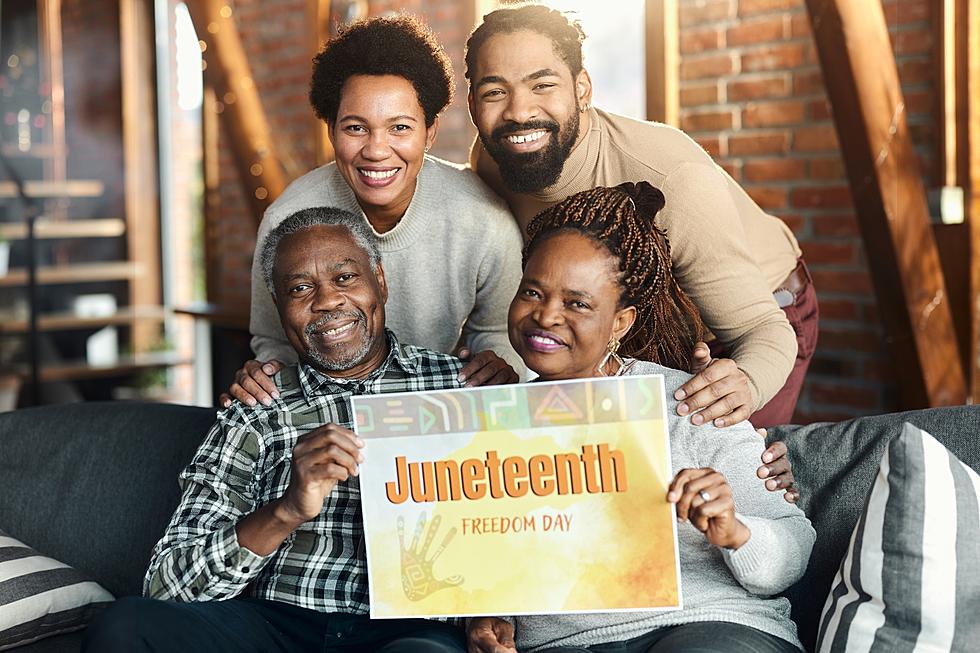
Did You Know the First Juneteenth Celebration Originated in Texas?
Juneteenth, also known as Juneteenth Independence Day - or as I was taught, Freedom Day - is an annual holiday observed on June 19 in the United States of America. It is the day when we commemorate the emancipation of enslaved African Americans and marks the end of slavery in the United States. Juneteenth is identified as a significant milestone in the ongoing struggle for racial equality and civil rights.
More than two years after the Emancipation Proclamation had been issued by President Abraham Lincoln on January 1, 1863, the news of the proclamation arrived in Texas. Due to lack of adequate communication and enforcement of the proclamation, it took time for this news to reach all regions of the United States.
It was not until Union General Gordon Granger arrived in Galveston and issued General Order No. 3, declaring that enslaved people in Texas were free, that the official announcement was made on June 19, 1865. This date is considered the origin of Juneteenth as we know it.
Juneteenth celebrations began in Texas and eventually spread to other parts of the United States, as Black Americans began moving to different states and cities. Over time, Juneteenth has become a day to commemorate, reflect back, and celebrate the rich history, heritage, and achievements of Black Americans.
I've noticed that in the past several years, there's been a renewed stake in celebrating Juneteenth. In June 2021, "Juneteenth National Independence Day" was signed into law as a federal holiday, officially recognizing June 19 as a day of national observance.

